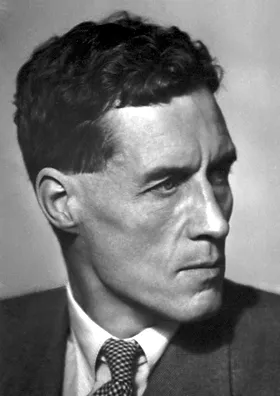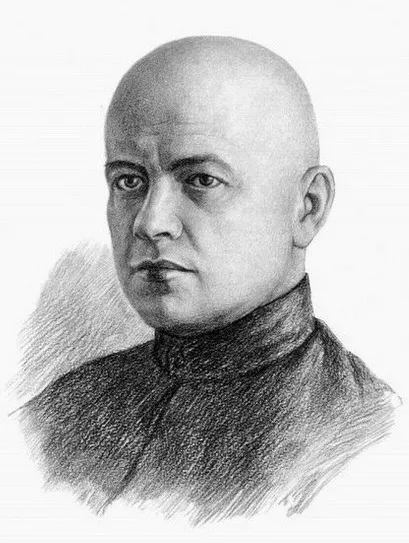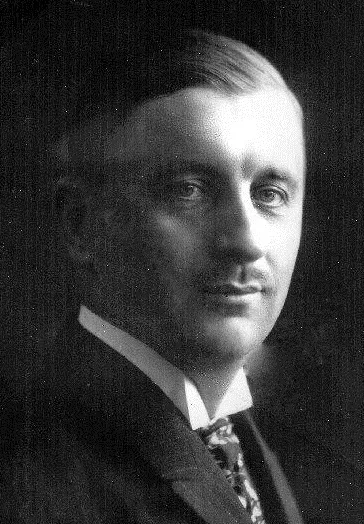
Full Name: George Gallup
Nationality: American
Profession: Statistician
Birth Year: 1901
Death Year: 1984
Known For: Founder of the Gallup Poll
George Gallup: The Pioneer of Public Opinion Polling
Born into a modest family in 1901, George Gallup's early years were steeped in curiosity and ambition. His father, a newspaper editor, instilled in him the importance of communication and public discourse. Ironically, it was this environment that sparked his fascination with understanding public sentiment a pursuit that would later define his illustrious career.
Gallup’s academic journey began at the University of Iowa, where he immersed himself in journalism and sociology. However, it was his knack for numbers and statistics that truly set him apart from his peers. As he delved deeper into these subjects during the 1920s, he envisioned a revolutionary way to gauge public opinion something that had never been systematically done before.
The Birth of an Idea
It was during the 1930s when Gallup first proposed using scientific methods to conduct surveys about public opinion. He believed people could express their thoughts more accurately through structured questionnaires rather than informal conversations or anecdotal evidence. Perhaps his greatest insight was recognizing that opinions could be quantified just like any other variable something no one had fully explored up to that point.
In 1935, amidst the backdrop of the Great Depression and rising political tensions worldwide, Gallup founded the American Institute of Public Opinion. This organization aimed not only to collect data but also to analyze trends over time a revolutionary approach at a time when polling was considered more art than science.
The First Major Breakthrough
By 1936, Gallup gained national attention for successfully predicting Franklin D. Roosevelt's re-election victory over Alf Landon through innovative polling techniques. He had managed to capture the pulse of American sentiment with astonishing accuracy despite many experts insisting Landon would win by a landslide!
This success catapulted him into fame; however, it also brought scrutiny from skeptics who questioned whether such polling could truly reflect public opinion accurately over time. Who knows what went through their minds as they watched this young statistician shake up traditional political forecasting? Yet Gallup remained undeterred continuing to refine his methodology even further.
A Legacy Built on Data
The ensuing decades saw George Gallup revolutionize not just how surveys were conducted but also how companies understood consumer behavior. In an era where market research relied heavily on guesswork or unstructured feedback from customers at point-of-sale locations... he introduced rigorous statistical sampling methods which enabled businesses to make informed decisions based on solid data rather than intuition alone!
"Gallup taught us all that our voices matter," said one marketing executive in a recent interview reflecting on how far we’ve come since those early days.
The Evolution of Polling Techniques
The introduction of telephone interviews transformed survey methodologies dramatically throughout mid-20th century America; Gallup adapted quickly by refining existing methods while integrating new technologies! Yet despite these advancements the crux remained unchanged: capturing genuine insights from people regarding their preferences and beliefs across various topics including politics... consumer habits... social issues and everything in between!
"Perhaps if it weren’t for George’s relentless pursuit towards better representation through statistics… polling wouldn’t have become such an indispensable tool today!" remarked another industry expert during discussions surrounding modern applications stemming from earlier foundational work established by pioneers like him.
Crisis Management Amidst Change
However! It wasn’t all smooth sailing; as television rose steadily among Americans’ nightly routines post-1950s a wave washed over traditional printed media leading audiences elsewhere for information consumption instead! Despite this challenge facing conventional polling platforms… George persevered leveraging radio programs alongside television spots whenever possible ensuring relevance persisted despite changes sweeping society at large!
An Unexpected Turn
As time marched forward into late-century realms marked by technological innovation… so too did challenges arise around ethical considerations surrounding survey accuracy influenced primarily via shifting demographics altering population makeup significantly compared previous decades! Arguably these dilemmas prompted dialogues exploring deeper implications concerning privacy rights vs transparency expectations particularly regarding sensitive subjects presented within polls conducted amidst diverse audiences!





